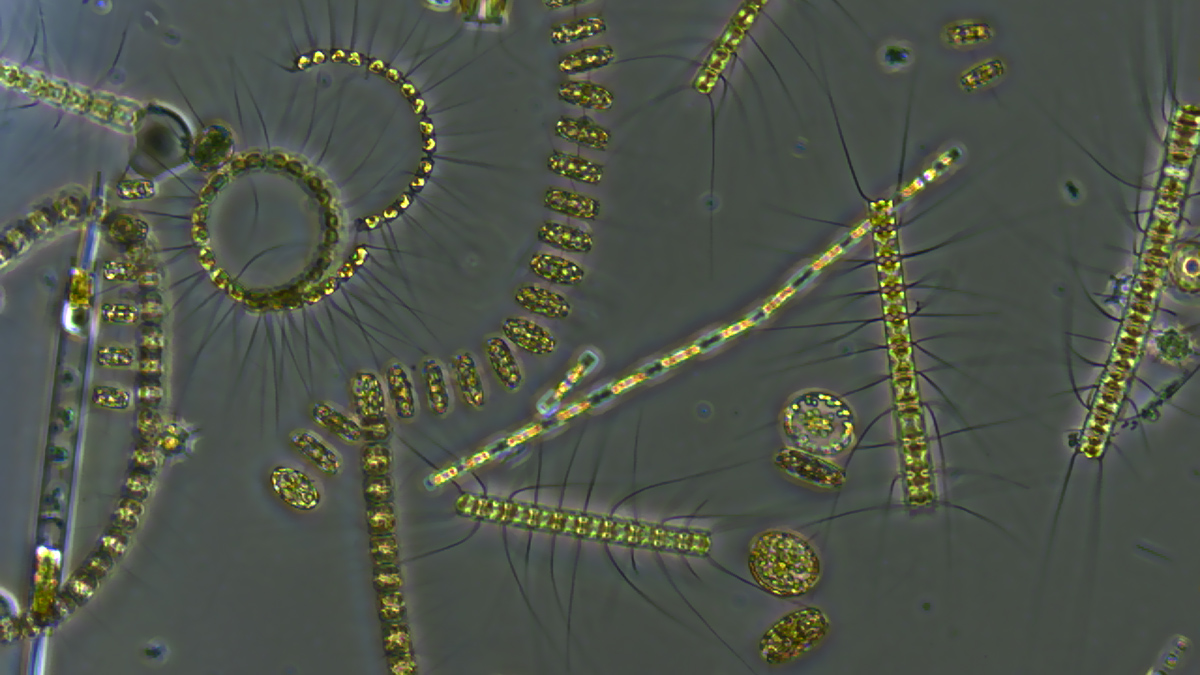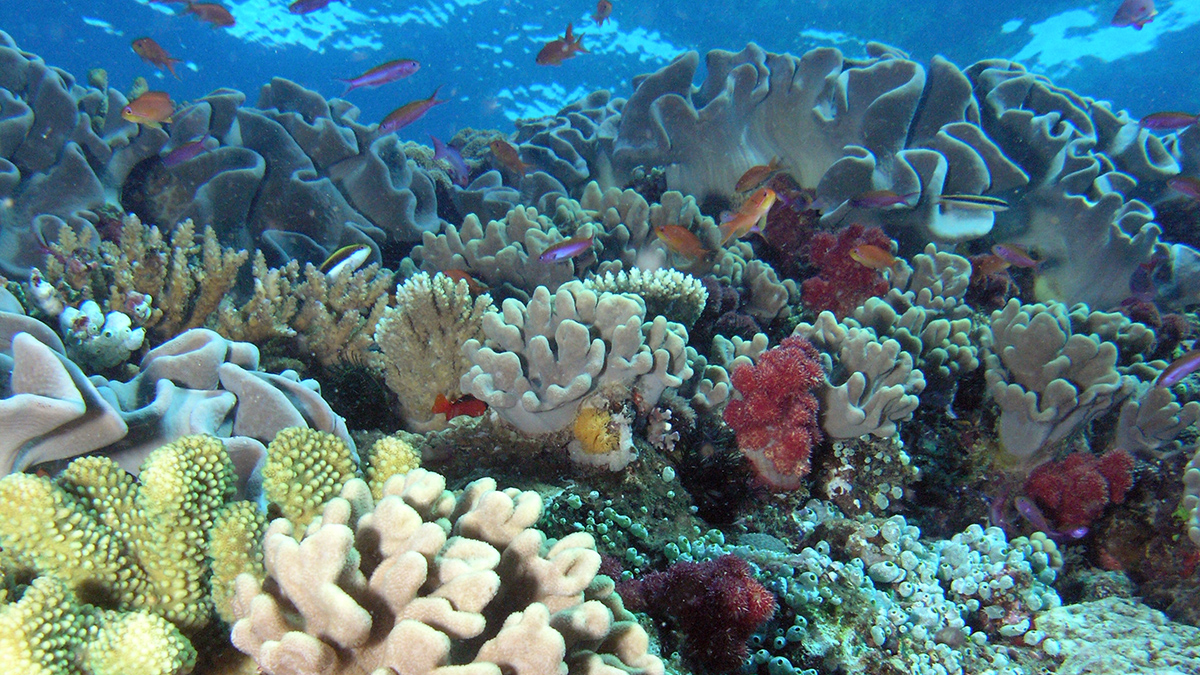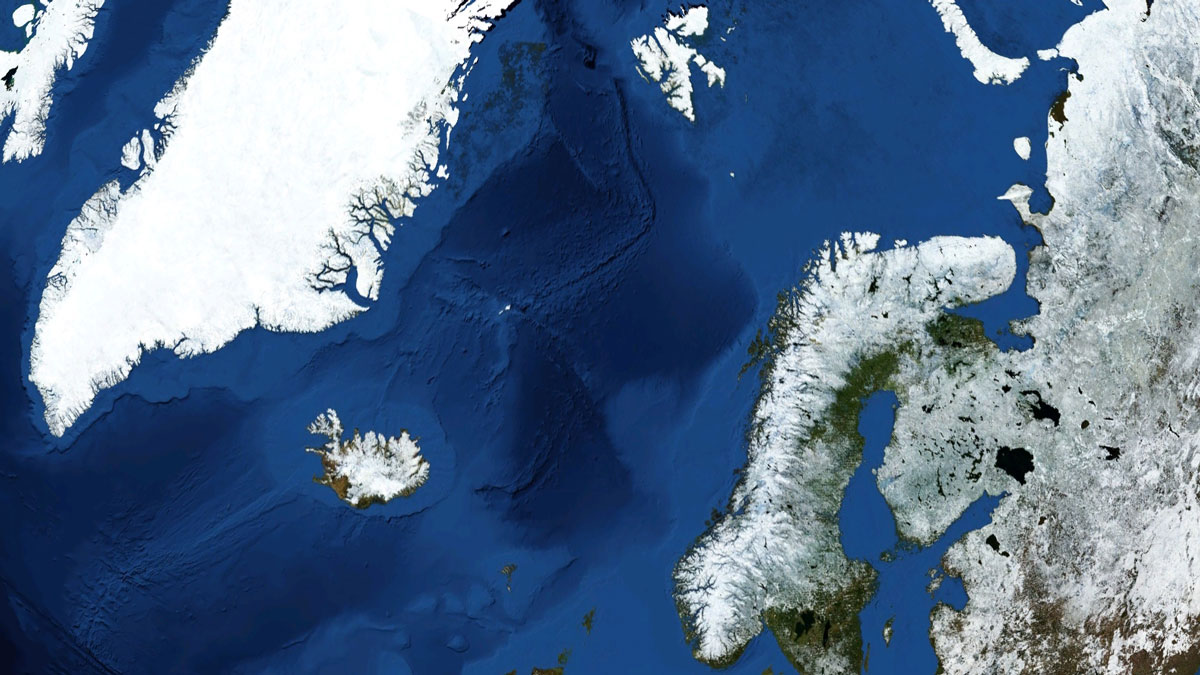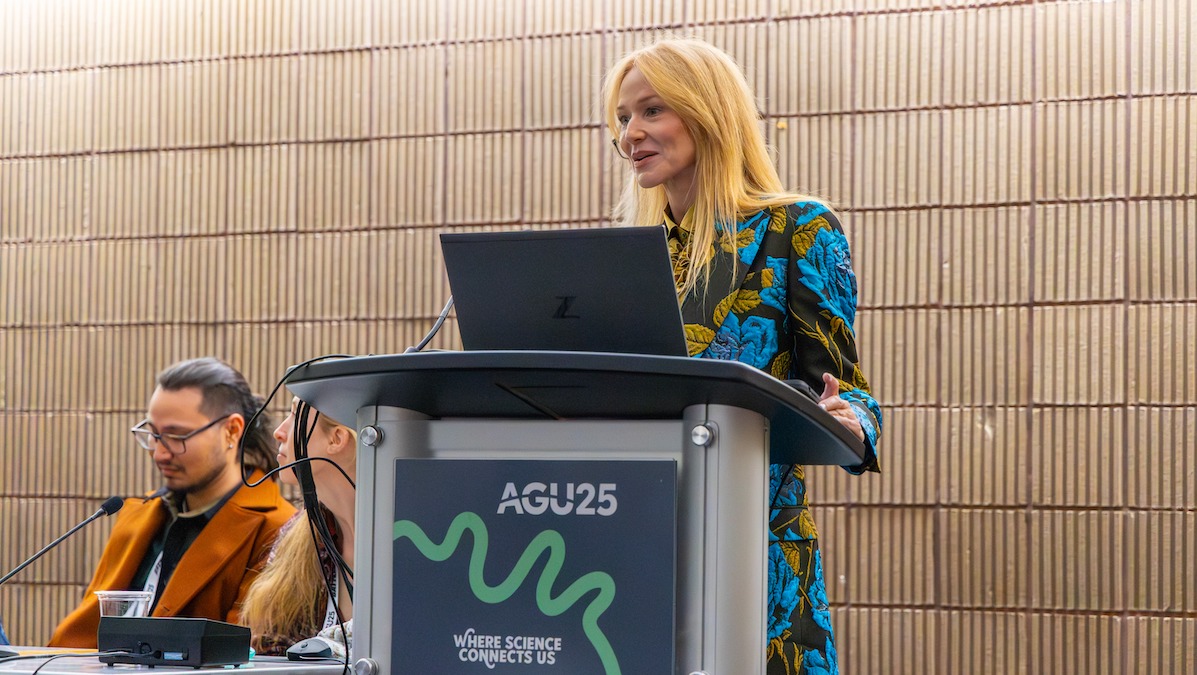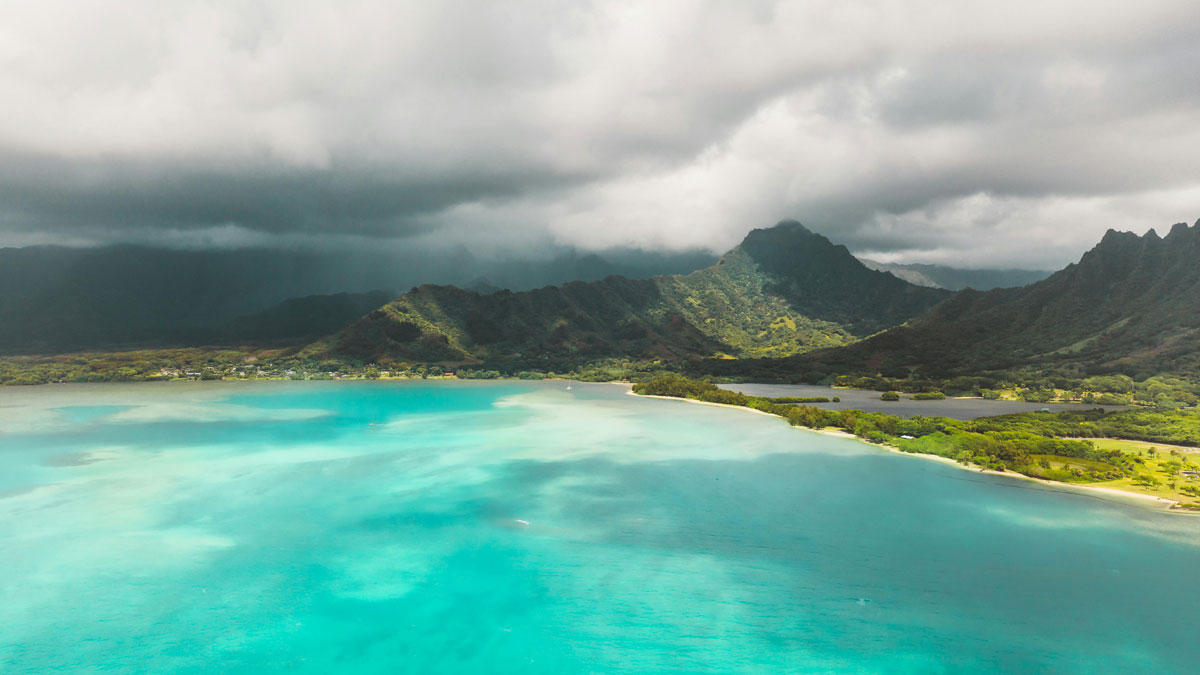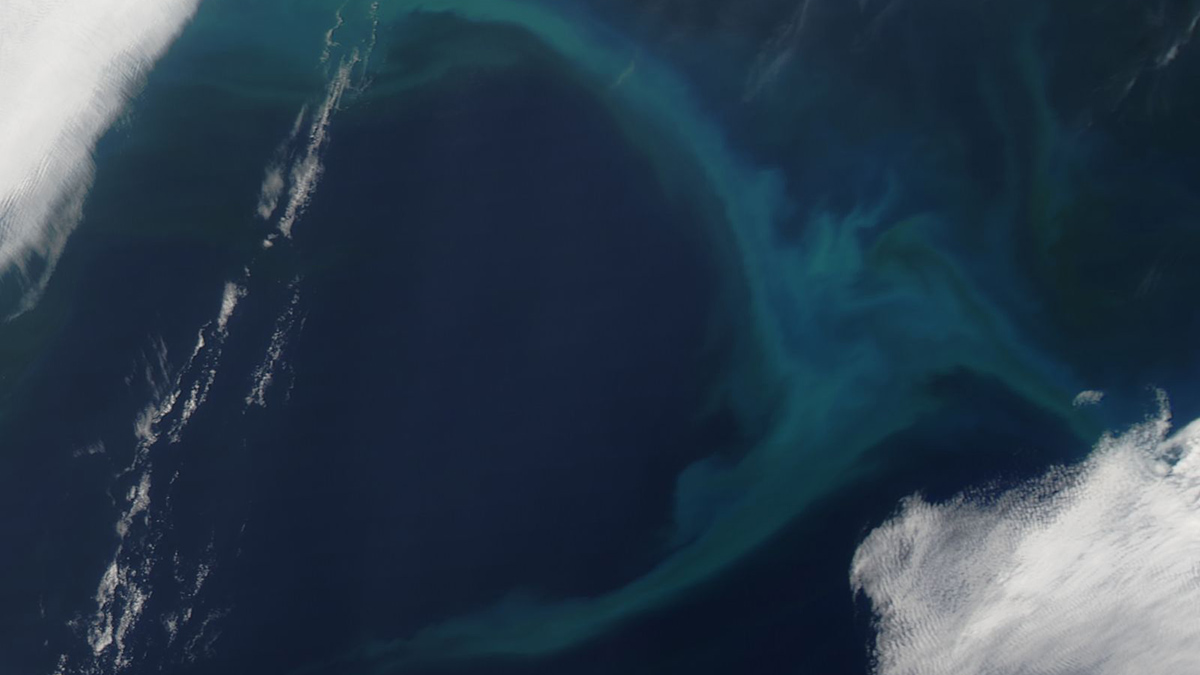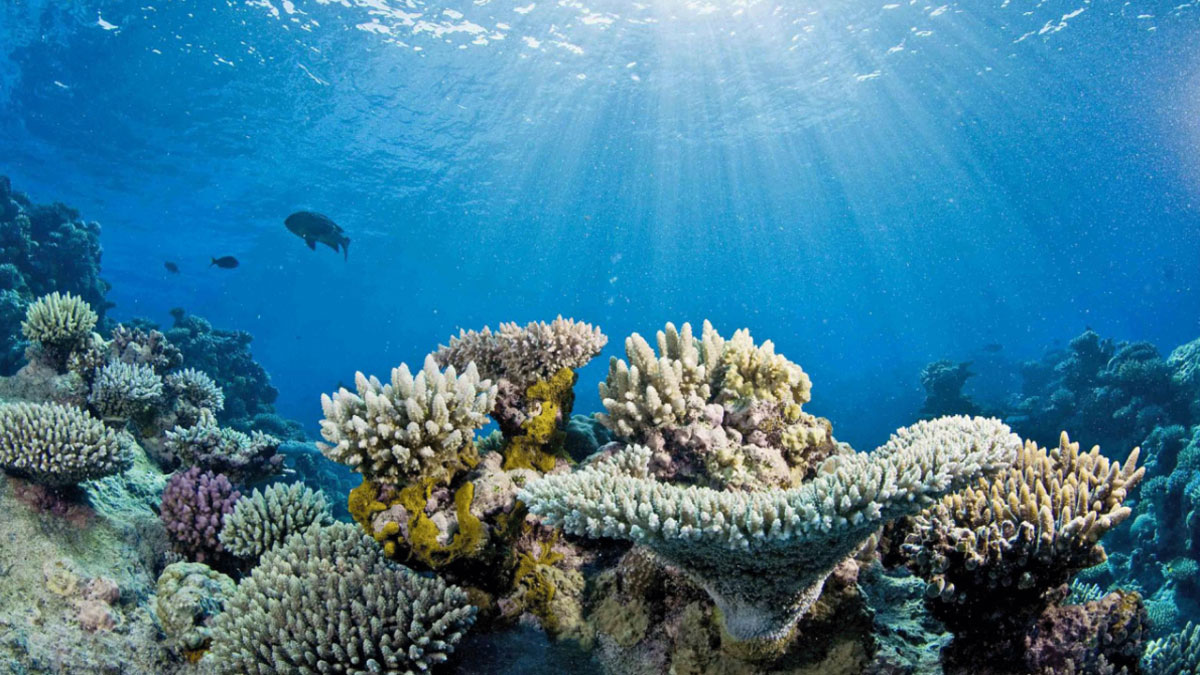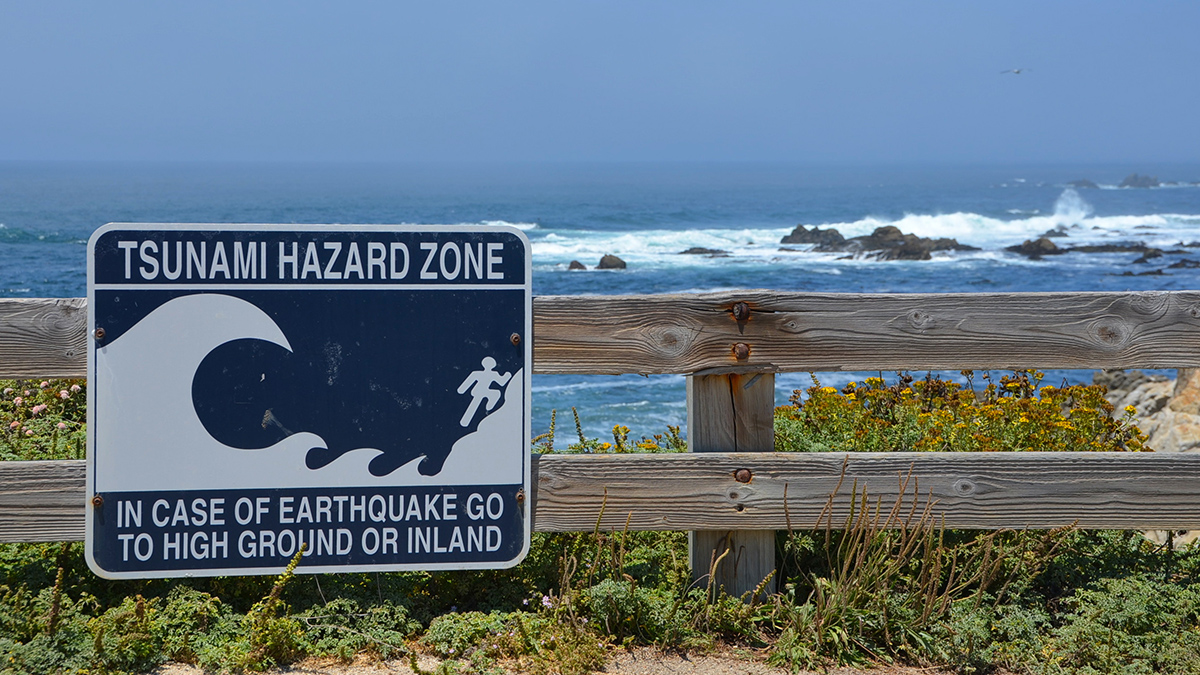And what that could mean for today’s ocean.
Oceans
Las olas de calor marinas lentifican el flujo de carbono de los océanos
Cuando el plancton se encuentra en agua caliente, la materia orgánica se estanca en la superficie e interrumpe el transporte de carbono hacia el fondo océanico.
Marine Heat Waves Can Exacerbate Heat and Humidity over Land
Researchers found the unprecedented 2023 East Asian marine heat wave increased land temperatures and humidity by up to 50%.
Preserving Corals to Study the Past and Document the Present
Corals hold valuable hints about our planet’s climate history, and they’re continuing to document today’s changing ocean. Scientists are working to preserve and protect these reefs of evidence.
New Eyes on One of the Planet’s Largest Submarine Landslides
Researchers have mapped the ancient Stad Slide off the coast of Norway to better understand what triggered it, and the hunt is on for the tsunami it might have unleashed.
Sculpture by Singer-Songwriter Jewel Incorporates Near Real-Time NASA Ocean Data
The soundscape changes in accordance with near real-time Atlantic Ocean conditions, as the data updates every 12 minutes. “If it’s raining, the piece looks and sounds different. If it’s stormy, the piece is different. It’s a living instrument that the ocean gets to play in real time,” Jewel said.
Globe-Trotting Weather Pattern Influences Rainfall in Hawaii
Isolated islands that depend on rainfall could benefit from improved forecasting of near-future events, and understanding the Madden-Julian Oscillation could hold an important key.
Wintertime Spike in Oceanic Iron Levels Detected near Hawaii
Seasonal rainfall and runoff of sediments from the Hawaiian Islands could be responsible for the previously undetected peak.
Could Stratospheric Aerosol Injection Help Save Corals from Bleaching?
New research indicates a well-studied form of climate intervention might at least buy time for many at-risk reefs.
When Should a Tsunami Not Be Called a Tsunami?
It’s time to redefine the term so it more clearly conveys meaningful risks to coastal communities and prompts them to act when needed.


